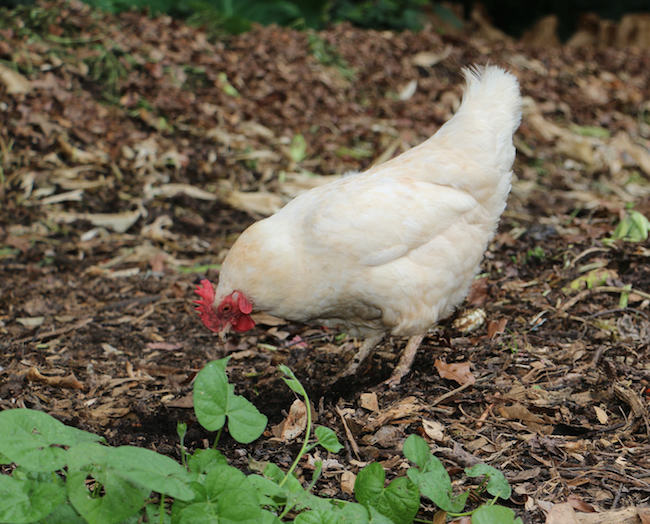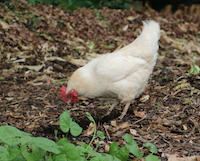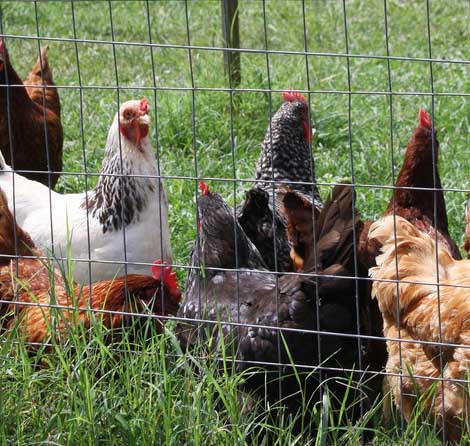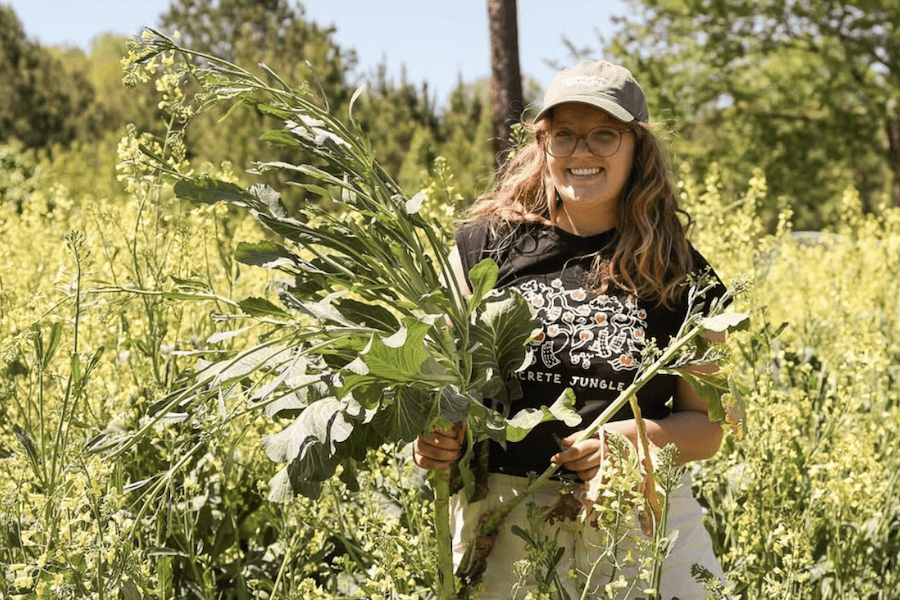At the end of December 2017, a strain of the H7 avian influenza was found in a green-winged teal, a widespread North American duck, collected in McIntosh County on the Georgia coast.
Wild birds have known vectors of avian influenza. Backyard and pastured poultry flocks are especially vulnerable when exposed to their wild cousins, leaving them susceptible to avian influenza.
With a confirmed case of avian influenza found in a wild duck, Georgia’s backyard poultry farmers should be diligent in their efforts to protect their flocks and the state’s population of broilers. It’s imperative to eliminate contact with wild birds, especially migratory waterfowl, and their droppings.
Highly pathogenic avian influenza (HPAI) was previously detected in the Southeast on March 3, 2017, in a commercial chicken flock in Lincoln County, Tennessee, less than 100 miles from the Georgia state line. Georgia’s poultry industry was left relatively unscathed by the 2017 avian influenza outbreak, but incidences of H7 avian influenza forced the depopulation of farms in Tennessee and other states.
Georgia produced about $5.34 billion in poultry products in 2016. Poultry farmers routinely have the largest impact on Georgia’s agricultural output.
To protect the state’s commercial and homestead flocks, the Georgia Department of Agriculture urges chicken producers, especially backyard flock owners, to remain vigilant and follow established safeguards to protect birds and their owners. While the commercial poultry industry in Georgia runs the greatest risk in terms of potential for loss, producers have multiple safeguards in place and are able to limit exposure to migratory birds. Avian influenza can more easily be introduced into Georgia through backyard chicken flocks.
To protect backyard chickens, University of Georgia Cooperative Extension offers small-flock owners these tips to keep themselves, and their chickens, safe from avian influenza.
Keep Your Distance
Restrict access to your property and your birds.
Consider placing the birds inside a fence, and only allow those who care for the birds to come in contact with them.
If visitors have backyard chickens of their own, do not let them come in contact with your birds.
Game birds and migratory waterfowl should not have contact with your flock.
Keep chickens inside a pen or coop. Do not let them run free.
Keep Clean
Wear clean clothes when coming in contact with your birds and wash your hands thoroughly before entering the chicken pen. Scrub your shoes with disinfectant.
Clean cages and change food daily. Clean and disinfect equipment that comes in contact with your birds or their droppings, including cages and tools. Remove manure before disinfecting.
Keep stored feed in enclosed containers and protected from wild birds and vermin.
Use municipal water as a drinking source instead of giving chickens access to ponds or streams. The avian influenza virus can live for long periods of time in surface waters.
Properly dispose of dead birds.
Don’t Bring Disease Home
If you have been near other birds or bird owners, clean and disinfect your vehicle’s tires and your equipment before going home. Shower and put on clean clothing before approaching your flock.
Keep any new birds or birds that have been off-site separate from your flock for at least 30 days.
Do not share tools, equipment or supplies with other bird owners.
If you do bring borrowed items home, clean and disinfect them before you bring them home.
Know the Signs of a Sick Bird
A sudden increase in deaths can be a clear sign of the virus, as well as:
- A drop in egg production, or eggs that are soft, thin-shelled or misshapen;
- Lack of energy or poor appetite;
- Watery and green diarrhea;
- Purple discoloration of the wattles, combs and legs;
- Swelling around the eyes; and/or
- Nasal discharge.
Early detection is critical to preventing the spread of avian influenza. If you suspect your flock is infected, call the Georgia Poultry Laboratory Network at 770-766-6810. For more information on avian influenza, call the Georgia Department of Agriculture at 404-656-3667. To learn more about how to care for backyard flocks, see the UGA Extension publications on the topic at extension.uga.edu/publications.









